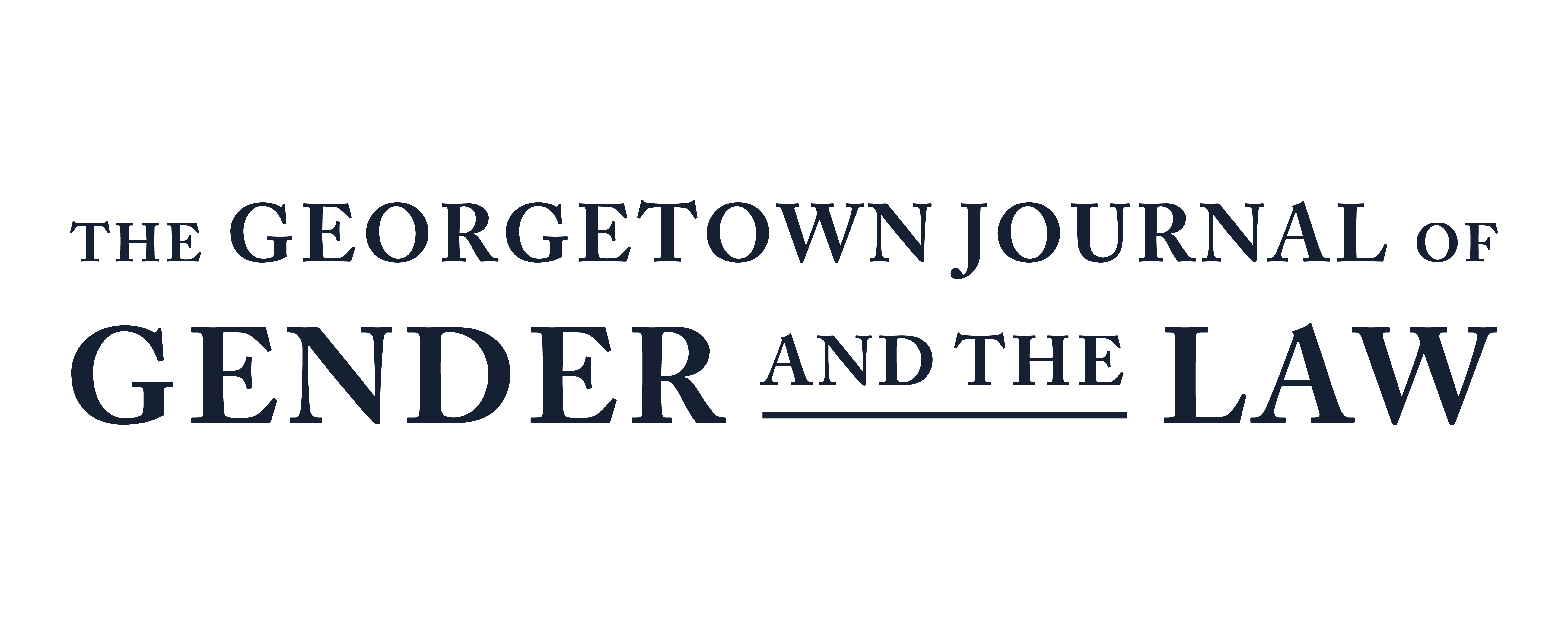Black, Trans(gressive) Lives: Furtive Blackness & The Surround of Extralegal Violence
When writing articles for law journals, I often find myself in a bit of a panic. No, not panic in the sense that I am overwhelmed with erratic thoughts nor a “sudden or overpowering fright” in the sense of the noun; though that is not a totally dissimilar experience. Instead, my experience is more aptly described by the classic understandings of the adjective form “of, relating to, or resembling the mental or emotional state believed induced by the god Pan” and/or “of or relating to the god Pan.” Pan, the Greek deity, was said to possess a stentorian voice resembling that of the heralds of Olympus. As the lore goes, when the ancient Greek gods were in battle against a legion of giants; it was the loud and overwhelming shout of Pan that instilled fear in the giants and enabled the victory of the old gods. While I do not consider myself a deity—and it may seem exceptionally queer to cite Greek mythology in a paper portending to center BlaQueer Trans folks—this is neither an exaltation of mythology nor the rote academic performance of narcissistic grandeur.
The shout of Pan, and the attending feeling or state of mind that it allegedly resulted in, is not dissimilar from the plight of the BlaQueer person in law, legal academia, or society. This witnessing of fright, tantamount to the double consciousness referenced above by DuBois—and the recognition of such—is instead less illustrative of internal dilemma, disorder, or a diagnosis arising from the DSM and wantonly applied to Black and BlaQueer and Trans people, but instead yet another piece of embodied evidence of both the ways in which the body keeps score and in internal accounting of the ordering and disordering of Black and BlaQueer life and death. The voice of the god Pan was an announcement of his presence both received and reinterpreted as a cause for fear, a signal of the unraveling of the preferred order of the recipient, and above all an existential threat that required extraordinary fight or flight.
The panic I experience in writing this piece, or any law review article or essay, is both rote and unique. It is rote insofar as it has become a familiar, if unwelcome, feature of scholarship about Black and BlaQueer living and dying. It is unique because it is a burden only affixed to those both fluent in the methods of sociolegal death-dealing and the ontological violence of the semiotics of law, legal reasoning, and its attendant academic norms. Writing in these mediums about issues concerning the ways in which Black and BlaQueer people live and die, or lived and are killed, requires the writer to sit with the weight of unending death and the illusory, but precedential, promise of justice. Put differently, the ways in which law orders and disorders the way Black and BlaQueer people live and die—and the impossibility of creating a cognizable grammar of redress or route to justice—is reflective of both the current social order and the afterlives of slavery. This panic, for me, operates as both a sociopolitical navigational tool for mapping power and an analytic tool for understanding how precedents and other sociolegal logics of antiBlackness and queerphobia operate together to render Black and BlaQueer people furtive and thereby in and outside of law. We, and by extension our arguments, are seen as inherently furtive and strictly scrutinized as if our livelihoods cannot possibly be understood as a compelling interest, entitled to intellectual, social, or legal redress. We are rendered inside of the law, insofar as we are always, already reachable by its disciplinary arm but consistently outside of the reach of the protective powers of jurisprudence. The panic here then, is not illogical, but instead the embodiment and experience of a lived and inherited logic—not dissimilar from what DuBois called “double consciousness”—that allows and requires me to not only consider what I’m writing and arguing, but to also anticipate how my arguments, if not my very presence and daring in the academy, will be taken up through precedential logics of antiBlackness and queerphobia in White space. Scholars such as L. Bennet Caper and Renee Nicole Allen have done a great deal of work to expand and explicate the notion of White space, the status of a social life and calculus that is determined by the norms, desires, fears, and logics of white folks as determinative and dispositive. In other words, panic here is the experience of confronting and working through the question of “And what of the B[LACK] [and BlaQueer] in Black letter law?” while also contending with the reality that Black and BlaQueer people are strictly scrutinized, via a legal and social inversion of the Fourteenth Amendment and jurisprudential constraints on government intrusion on protected classes and fundamental rights, all while being on the run for/of our lives. It is from this state of panic, knowing and anticipation that this essay arises.
Keep Reading Black, Trans(gressive) Lives: Furtive Blackness & The Surround of Extralegal Violence
Subscribe to GJGL
